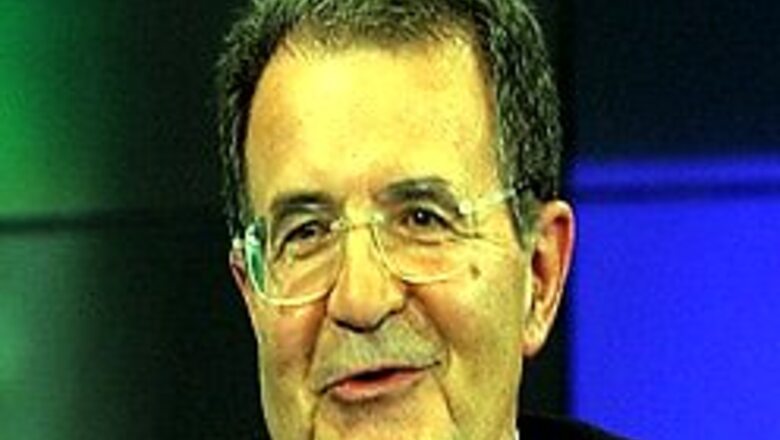
views
Rome (Italy): Italian opposition leader Romano Prodi on Tuesday claimed victory for his center-left coalition in parliamentary elections, but Prime Minister Silvio Berlusconi was contesting the claim.
Appearing before a large crowd of supporters outside his party headquarters in Rome, Prodi said early on Tuesday that his party had taken control of the lower house of Parliament by winning 340 of 630 seats.
Berlusconi - who has ruled the country for the past five years with a large majority in Parliament - disputed that claim, saying that his center-right coalition won control of the 315-seat upper house, the Senate, by one seat.
Still, power there could shift because six of the Senate seats are to be allocated to Italians who live abroad, and those ballots have not yet been counted.
In the lower house, the margin of victory was around 25,000 votes, a tiny fraction of the 47 million Italians eligible to vote.
The tiny margin gives the center-right coalition of Berlusconi the chance to ask for a recount. His spokesman, Paolo Buonaiuti, told Italian television that Berlusconi would do just that.
A prime minister needs control of both houses in order to form a government. If the two houses of parliament fall to different coalitions, a stalemate would follow, and there would likely be new elections after months of a caretaker government.
If Prodi manages to win both houses, his majority in the upper house could be so slight that it would limit his ability to pass the reforms he has promised. Final results of the elections are expected later on Tuesday.
Prodi's allies said on Monday the nation had turned its back on Berlusconi, punishing him for failing to deliver on promises to revive Italy's lagging economy.
Jeff Israely, TIME magazine's Rome bureau chief, said if final results confirmed that Berlusconi has lost the vote "it may be because he promised too much."
Most of the political parties have aligned themselves with either Berlusconi's conservative Casa delle Liberta (House of Freedoms) coalition, or Prodi's center-left Unione (Union). Voters are casting ballots for parties, not individuals.
Berlusconi, a fiery politician who has held office for five years, is the longest-serving leader in post-war Italy.
Before the election, he said that if Italians voted for the coalition represented by Prodi, they would be voting for communists. Berlusconi had promised voters lower taxes and higher pensions.
Prodi, who is serious to the point where he is viewed as almost dull by some, vowed to jump-start Italy's economy, which had zero growth in 2005.
He blamed the country's financial woes on the current government's poor economic policies. Prodi has promised to cut labor costs. He once headed the European Union's executive body, the European Commission.
PAGE_BREAK
Overseas voters
The interior ministry said turnout at the election was 83.6 per cent against 81.4 per cent in 2001. Berlusconi said a turnout above 82 per cent would help his coalition.
About 47 million Italians were eligible to vote in the first parliamentary elections in which nearly 3 million Italians living abroad were able to cast ballots from the countries where they live.
In a March 24 poll, the last one before a two-week blackout on opinion surveys, Prodi's bloc led by about 4 percentage points.
Both men tried to sway undecided voters, who made up about 25 per cent of the electorate. A major issue separating the two men was the Iraq war.
Berlusconi supported the U.S. invasion, despite overwhelming opposition at home. A Prodi premiership would likely place less emphasis on US ties, and would renew tighter relations with traditional partners France and Germany.
Berlusconi, a media mogul tycoon, far outspent his rival in the campaign. Analysts estimate he has spent close to €40 million (about $50 million) - nearly triple Prodi's spending.
But Berlusconi has also battled a long string of scandals and negative press. While he has been in power, his media company has posted large revenues, while other companies in the same sector have failed.
Since he entered politics 12 years ago, Berlusconi has faced a series of criminal charges, including bribing judges and making illegal donations to political parties. But he has never received a guilty verdict, and accuses judges of political motivations against him.
Colorful leader
The colorful leader made headlines throughout the election with his remarks, comparing himself to Jesus and Napoleon and branding those who would not vote for him "morons." He also vowed to give up sex until election day.
Berlusconi said observers were needed to prevent election fraud, but Prodi said Berlusconi should not worry because "he already controls everything."
Prodi, who lacks Berlusconi's celebrity, may have been helped by coming across as the opposite of the flashy leader. He refused to appear on TV stations owned by Berlusconi, saying they were biased against him.
He said one of his top priorities in office would be changing the antitrust laws Berlusconi approved.
Prodi, a former professor, has strung together a coalition of left and center-left groups. While Prodi has his followers, the election was also widely seen as a vote for or against Berlusconi. In the final days before the election, Italians appeared split on that question.











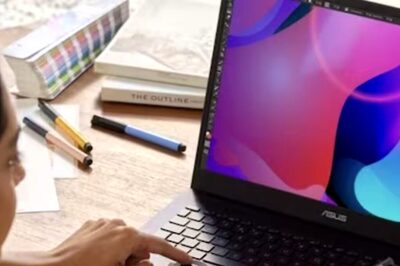
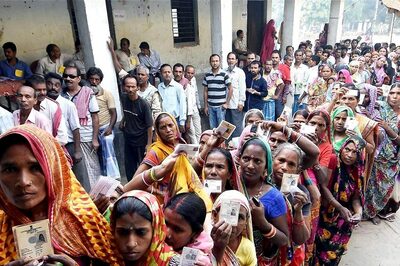
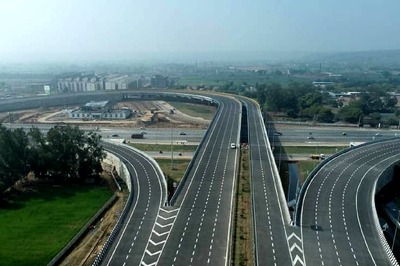


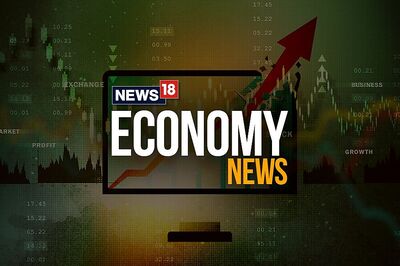

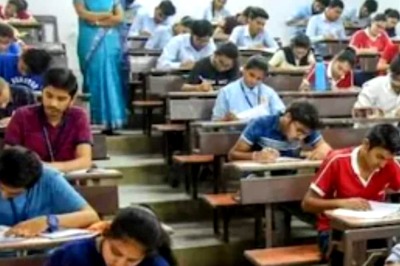
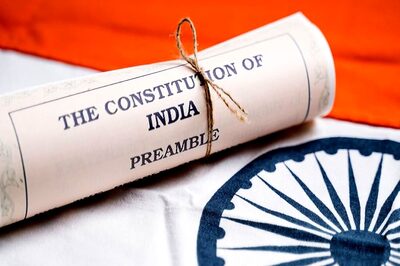
Comments
0 comment